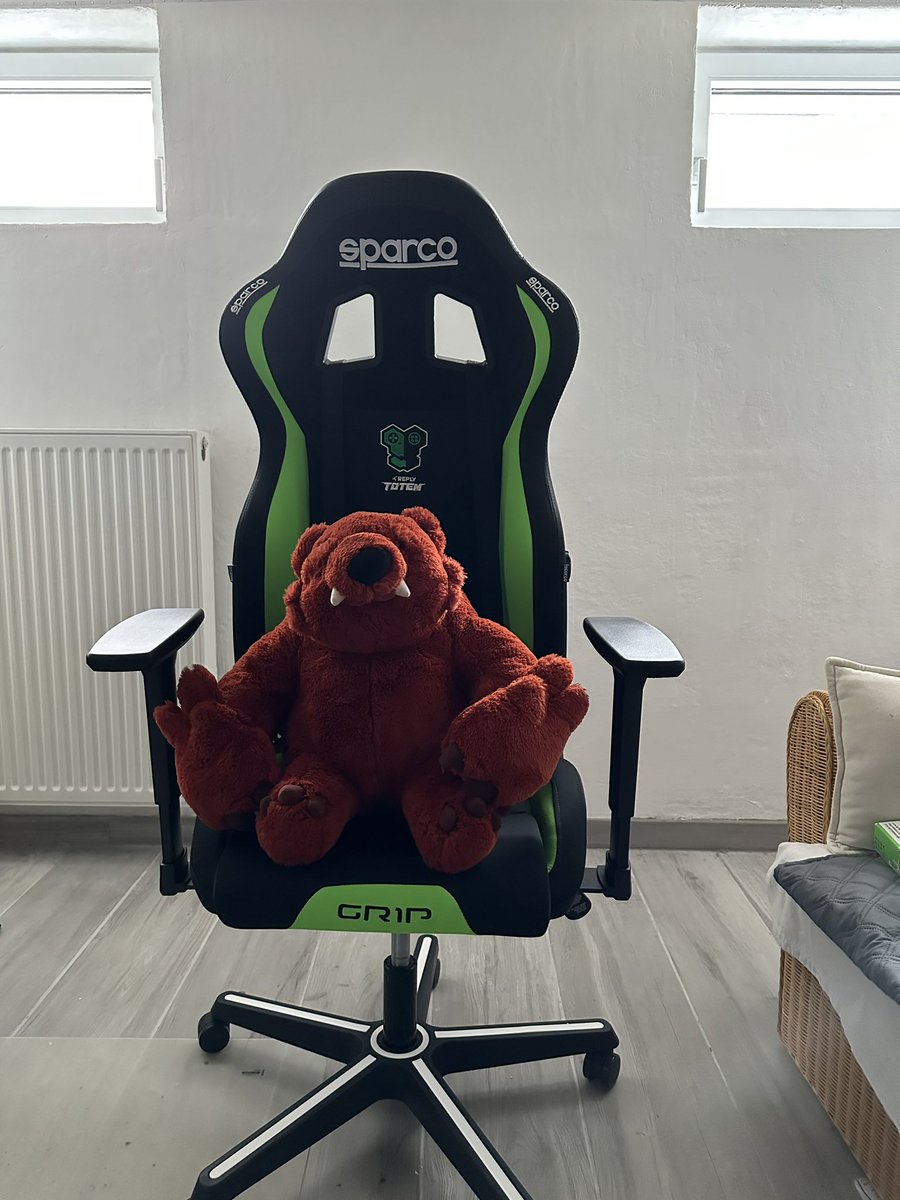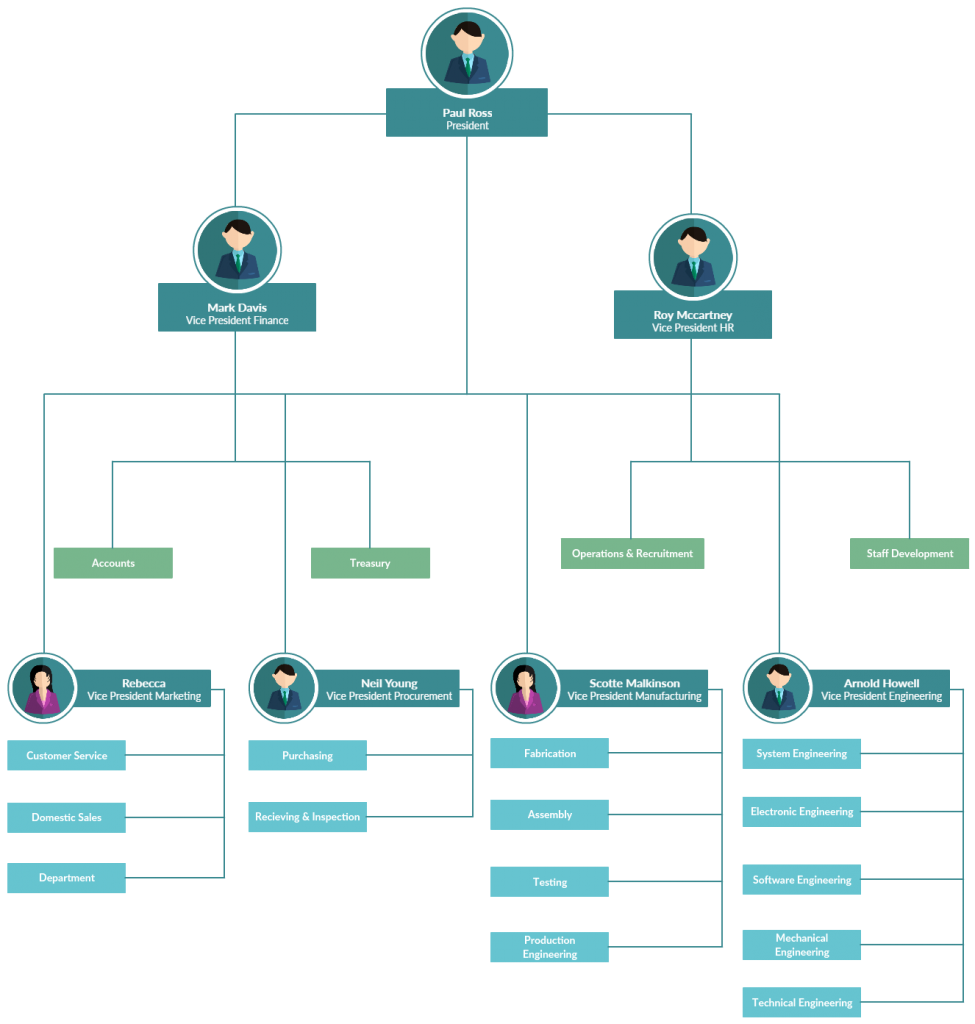Understanding My .org: A Comprehensive Guide To Nonprofit Domains
In the digital age, having a strong online presence is crucial for organizations, especially nonprofits. The domain extension “.org” has become synonymous with nonprofit organizations, charity groups, and community initiatives. In this article, we will explore the significance of the .org domain, its benefits for nonprofits, how to register it, and best practices for maintaining a successful website.
Nonprofit organizations often rely on the .org domain to establish trust and credibility with their audience. This article aims to provide a thorough understanding of what my .org entails, including its relevance, advantages, and guidelines for effective online engagement. As we delve into the various aspects of .org domains, you will gain insights into how to leverage this extension to further your organization's mission.
Understanding my .org is not just about choosing the right domain; it also involves creating a robust online strategy that aligns with your nonprofit's goals. By the end of this article, you will have a comprehensive understanding of how to utilize the .org domain effectively to enhance your organization’s visibility, outreach, and impact.
- Piddy Usher And Justin Bieber A Deep Dive Into Their Relationship And Impact On Pop Culture
- Homer James Jigme Gere The Life And Legacy Of An Influential Figure
Table of Contents
- What is .org?
- Importance of .org Domains for Nonprofits
- Benefits of Using .org Domains
- How to Register a .org Domain
- Best Practices for .org Websites
- Challenges and Solutions for Nonprofits Using .org
- Case Studies: Successful .org Websites
- Conclusion
What is .org?
The .org domain is a generic top-level domain (gTLD) that was originally designed for organizations that do not fit into the traditional categories of commercial entities (.com) or governmental institutions (.gov). Today, it is predominantly used by nonprofit organizations, charities, and foundations. The .org domain signifies a commitment to serving the public good, and it can help organizations attract supporters, donors, and volunteers.
History and Evolution of .org
The .org domain was introduced in 1985, and for many years, it served as an online space for various organizations, particularly nonprofits. Over time, the use of .org has expanded beyond nonprofits to include educational institutions, open-source projects, and community groups. This evolution reflects the growing importance of the internet as a platform for communication, fundraising, and advocacy.
Importance of .org Domains for Nonprofits
Choosing a .org domain is a crucial decision for any nonprofit organization. Here are some reasons why the .org domain is particularly important for nonprofits:
- Cha Eun Woo Military Service Everything You Need To Know
- Cary Benjamin Grant The Life And Legacy Of A Hollywood Icon
- Trust and Credibility: A .org domain is often associated with trustworthy organizations. It signals to potential supporters that your organization is dedicated to a cause.
- Visibility: Nonprofits with a .org domain are more likely to be perceived as legitimate, which can enhance visibility in search engine results.
- Community Engagement: The .org domain fosters a sense of community, encouraging individuals to rally behind a cause.
Benefits of Using .org Domains
Utilizing a .org domain comes with several benefits that can enhance a nonprofit's online presence:
- Reputation Management: A .org domain helps in building a positive reputation and trust among stakeholders.
- SEO Advantages: Search engines often prioritize .org domains for nonprofit-related queries, improving search rankings.
- Access to Resources: Many platforms and tools offer specific resources and discounts for .org domains, aiding in cost-effective operations.
How to Register a .org Domain
Registering a .org domain is a straightforward process. Follow these steps to secure your nonprofit’s online identity:
- Choose a Domain Name: Select a name that reflects your organization’s mission and is easy to remember.
- Check Availability: Use a domain registrar’s search tool to check if your chosen name is available.
- Register the Domain: Complete the registration process through a reputable domain registrar.
- Set Up Hosting: Choose a hosting plan that suits your website’s needs.
Best Practices for .org Websites
Once you have registered your .org domain, it’s essential to follow best practices to maximize its effectiveness:
- Clear Mission Statement: Clearly articulate your mission on your homepage to engage visitors immediately.
- User-Friendly Design: Ensure your website is easy to navigate, with a mobile-responsive design.
- Regularly Update Content: Keep your website content fresh and relevant to encourage repeat visitors.
- Integrate Social Media: Link your social media profiles to increase engagement and outreach.
Challenges and Solutions for Nonprofits Using .org
While the .org domain offers numerous advantages, nonprofits may face challenges in managing their online presence:
- Technical Skills: Many nonprofits lack the technical skills needed for website management. Consider hiring a professional or using user-friendly website builders.
- Funding Constraints: Limited budgets can hinder website development. Explore grants and resources specifically available for nonprofit organizations.
Case Studies: Successful .org Websites
Examining successful .org websites can provide valuable insights into effective strategies:
- American Red Cross: Their .org website effectively communicates their mission and offers various ways for visitors to contribute through donations and volunteering.
- World Wildlife Fund (WWF): WWF utilizes engaging visuals and storytelling to connect with visitors and raise awareness about conservation efforts.
Conclusion
In summary, choosing a .org domain is a vital step for any nonprofit organization aiming to establish a strong online presence. The .org extension not only enhances credibility but also provides numerous benefits that can aid in outreach and fundraising efforts. By following best practices and learning from successful case studies, nonprofits can create impactful websites that resonate with their audience.
As you embark on your journey with a .org domain, consider taking action by leaving a comment below, sharing this article with fellow nonprofit leaders, or exploring other resources available on our site. Your feedback and engagement are essential in creating a vibrant community dedicated to making a difference.
Thank you for visiting our site! We hope to see you back here for more insightful articles and resources that empower nonprofits and foster positive change.
- Transformers Reactivate The Future Of The Franchise
- Matthew Rhys A Journey Through His Life And Career

Joker on Twitter "I love my org ️ Thanks Reply_Totem"

Css Hierarchy Chart Labb by AG
logo